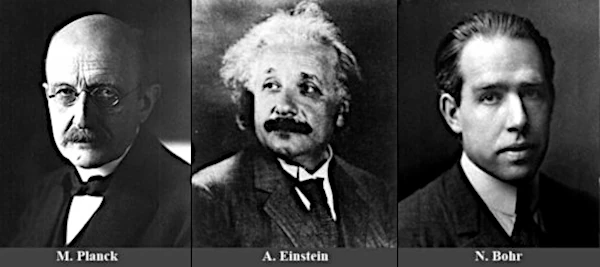
Quantum physics is a fascinating and somewhat mysterious subject. You might have heard the term before, but do you know what it really is?
Quantum physics is a branch of science that studies very small things, like atoms and even smaller particles. Imagine having a super powerful microscope that can see things so small that even the best microscopes in the world can't see them. That's where quantum physics comes into play!
In the quantum world, the rules are very different from those we know in our everyday lives. For example, in our world, if you throw a ball, you know it will follow a precise path. But in the quantum world, particles can be in several places at once! This is called "superposition".
Imagine having a magical cat that can be both inside and outside a box at the same time. That's a bit like how quantum particles work. They can be in multiple states at once until someone observes them.
Another strange concept in quantum physics is entanglement. This means that two particles can be linked in such a way that what happens to one instantly affects the other, no matter the distance between them. It's like having two magical dice: if you roll one and it shows a 6, the other die will also show a 6, even if it's thousands of kilometers away!
You might be wondering what quantum physics is used for. Well, it's used in many modern technologies. For example, quantum computers, which are much more powerful than normal computers, use the principles of quantum physics to solve very complex problems.
Quantum physics is also used in lasers, medical scanners, and even in cell phones. Without it, many of these technologies wouldn't exist!
Quantum physics might seem strange and complicated, but it's also incredibly fascinating. It helps us understand how the universe works at a very small level and creates technologies that change our daily lives. So, the next time you use your phone or watch a 3D movie, remember that quantum physics is there, working its magic!